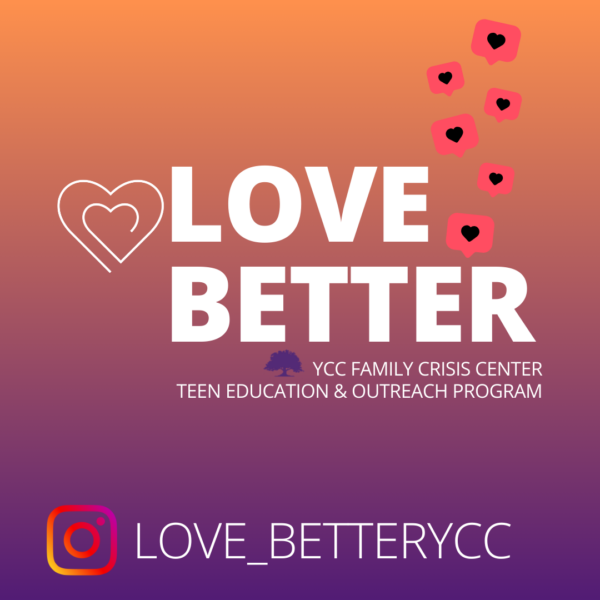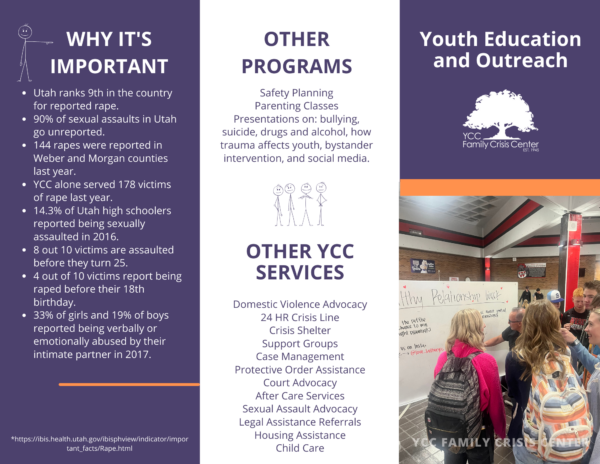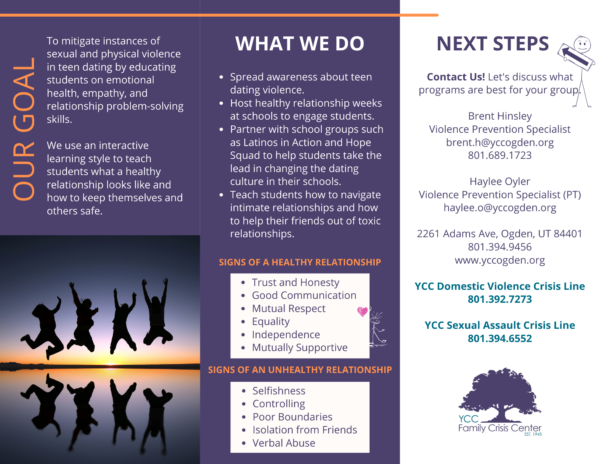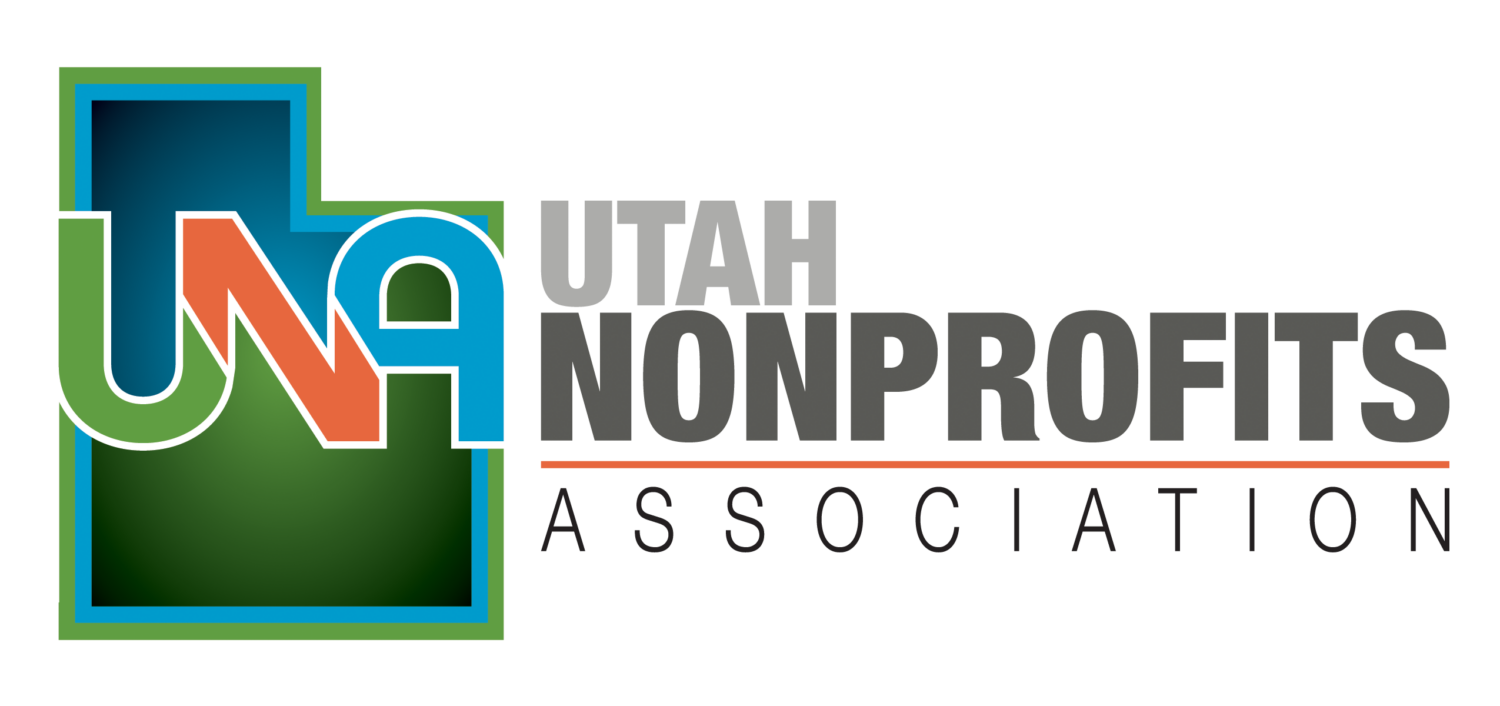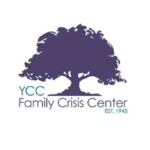Healthy Relationships for Teens
Learn how to create and foster healthy relationships. We use an interactive learning style to teach students what a healthy relationship looks like and how to keep themselves and others safe. Email brent.h@yccogden.org or call 801.689.1723.
How Can You Love Better?
Click on the buttons below to find answers to the most commonly asked questions about teen dating and relationships.
Education is the key to how we grow as individuals and how we flourish as a community. At YCC Family Crisis Center, we strive to educate the community about the struggles that women, children, and men go through when they experience family violence and/or sexual assault. YCC staff members provide skill-building classes for both kids and teens that will help them to better self-regulate and understand and manage their emotions. Our teachers are purposeful about building relationships with the children and teenagers in order for them to build an environment where they feel safe to learn. These classes are fun and educational and help students discover how to apply practical skills within their family and friendships.
Resources for Teens
Want to Host a Presentation?
YCC provides free presentations on Healthy Relationships to schools and youth groups. If you are interested in scheduling a presentation for your school or community group, contact Brent Hinsley, Community Engagement Coordinator.
Available topics include:
- Boundaries in Friendships and Relationships
- Bystander Intervention – How to Help Your Friends
- Consent in Friendships and Relationships
- Dating Teens that Share Your Morals, Faith, and Values
- Disney Prince & Princess and Reality
- Healthy and Unhealthy Relationships for Teens
- How to Break Up with Someone
- How to Recognize if the Teens You Work with are in Unhealthy Relationships
- How Trauma Affects Kids and Teens
- QPR Suicide Prevention





